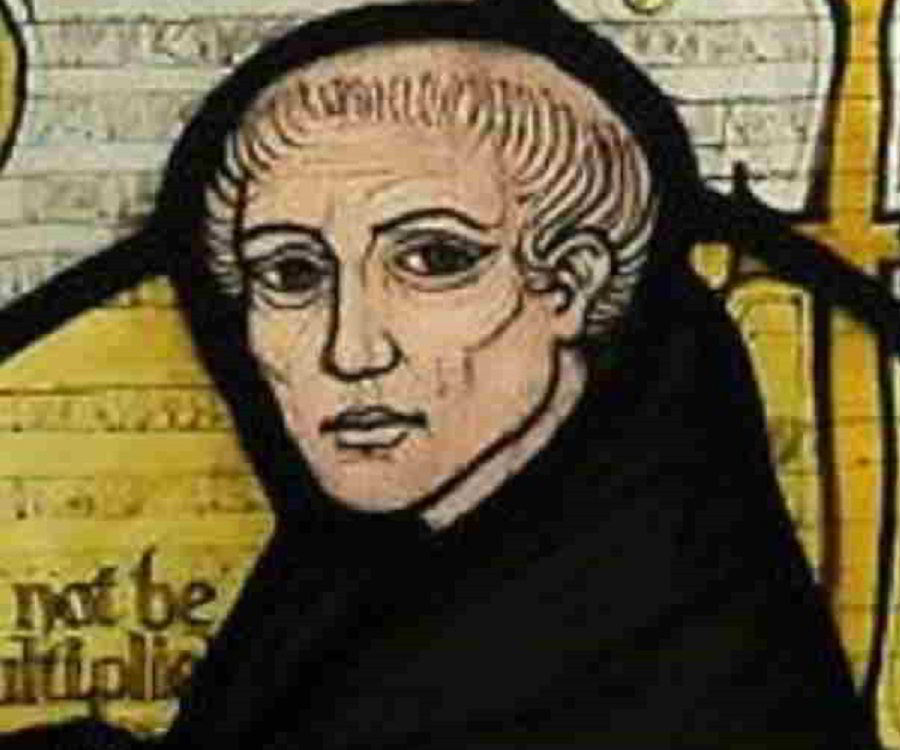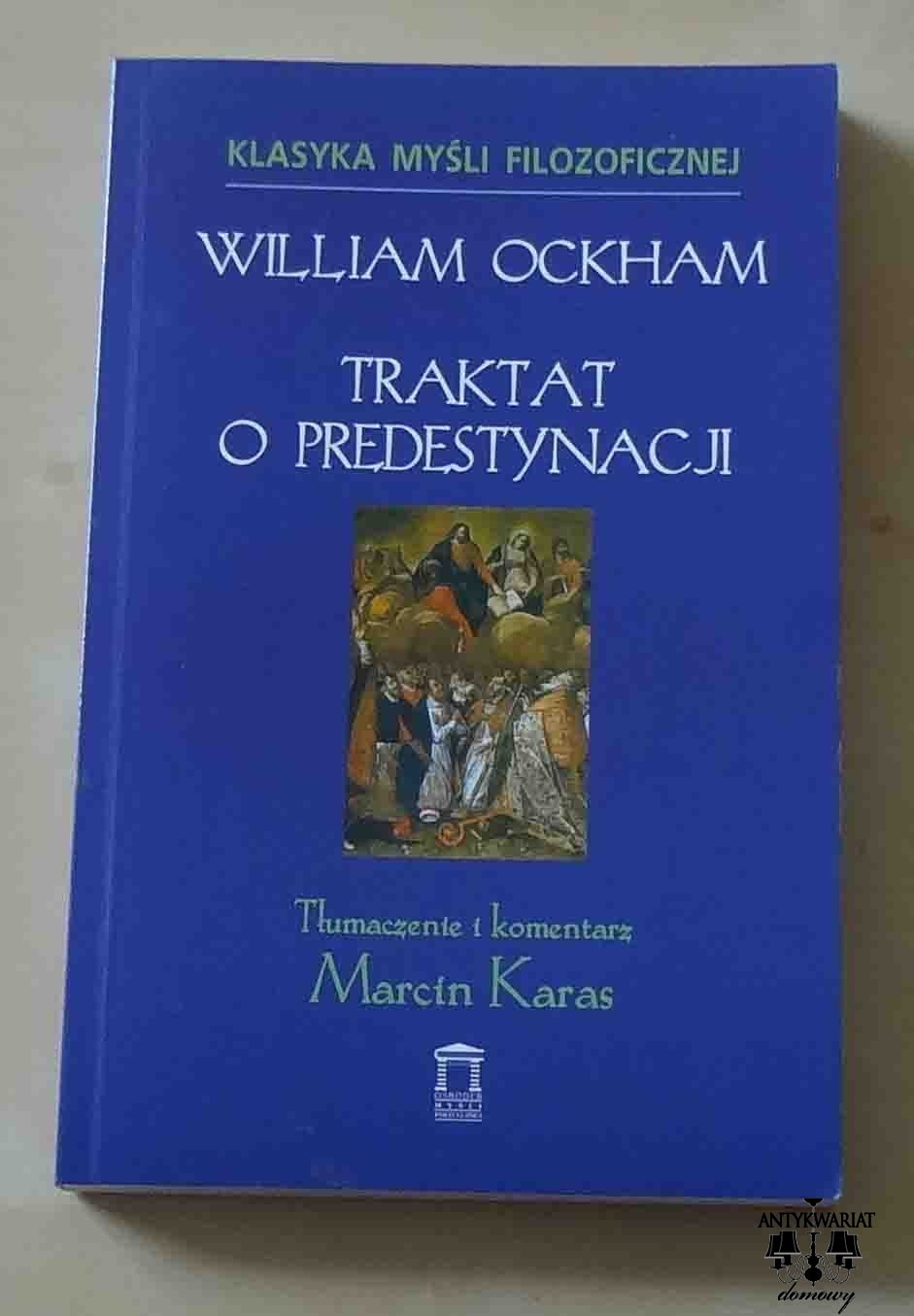
William of Ockham was among these scholarly commentators. ĭuring the Middle Ages, theologian Peter Lombard's Sentences (1150) had become a standard work of theology, and many ambitious theological scholars wrote commentaries on it. Because of this, he acquired the honorific title Venerabilis Inceptor, or "Venerable Beginner" (an inceptor was a student formally admitted to the ranks of teachers by the university authorities). It is believed that he studied theology at the University of Oxford from 1309 to 1321, but while he completed all the requirements for a master's degree in theology, he was never made a regent master. Transcendental ( strong nominative masculine singular transcendentaler, comparative transcendentaler, superlative am transcendentalsten)īorrowed from French transcendantal, from Latin transcendentalis.William of Ockham was born in Ockham, Surrey in 1285 and joined the Franciscan order at an early age.


Whilst it was once held that transcendental arguments could provide a direct and straightforward refutation of scepticism, this view now seems over-optimistic. 1999, Robert Stern, 4: On Kant's Response to Hume: The Second Analogy as Transcendental Argument, Robert Stern (editor), Transcendental Arguments: Problems and Prospects, 2003, Oxford University Press (Clarendon Press), Paperback, page 47,.

However, such simple demonstration of the possibility of transcendental philosophy has not been effective and is not likely to be so - so strong is the presumption that transcendental philosophy just could not be possible, or, if it was possible earlier, it is not possible now.

At least since Kant, transcendental philosophies have been on the scene. The best way to demonstrate the possibility of something is to show its actuality, for actuality implies possibility.


 0 kommentar(er)
0 kommentar(er)
